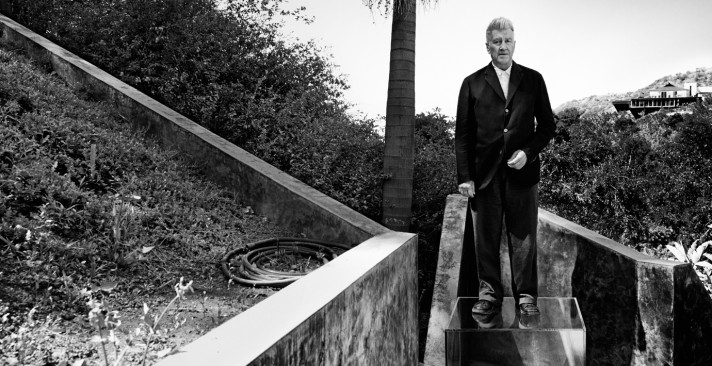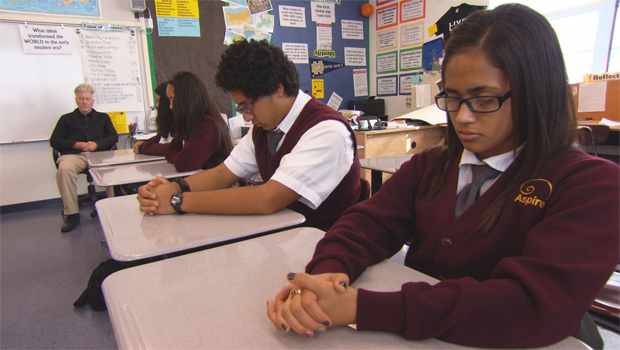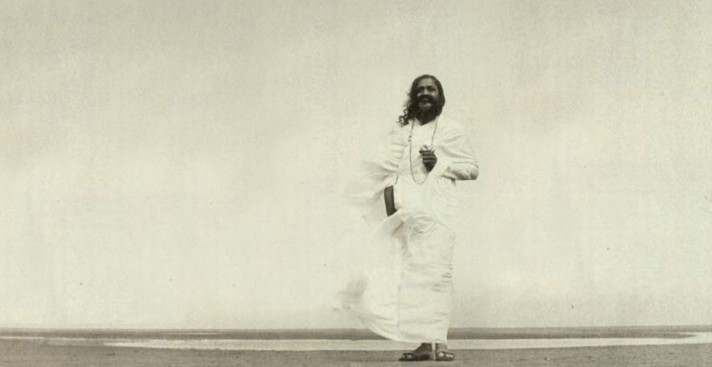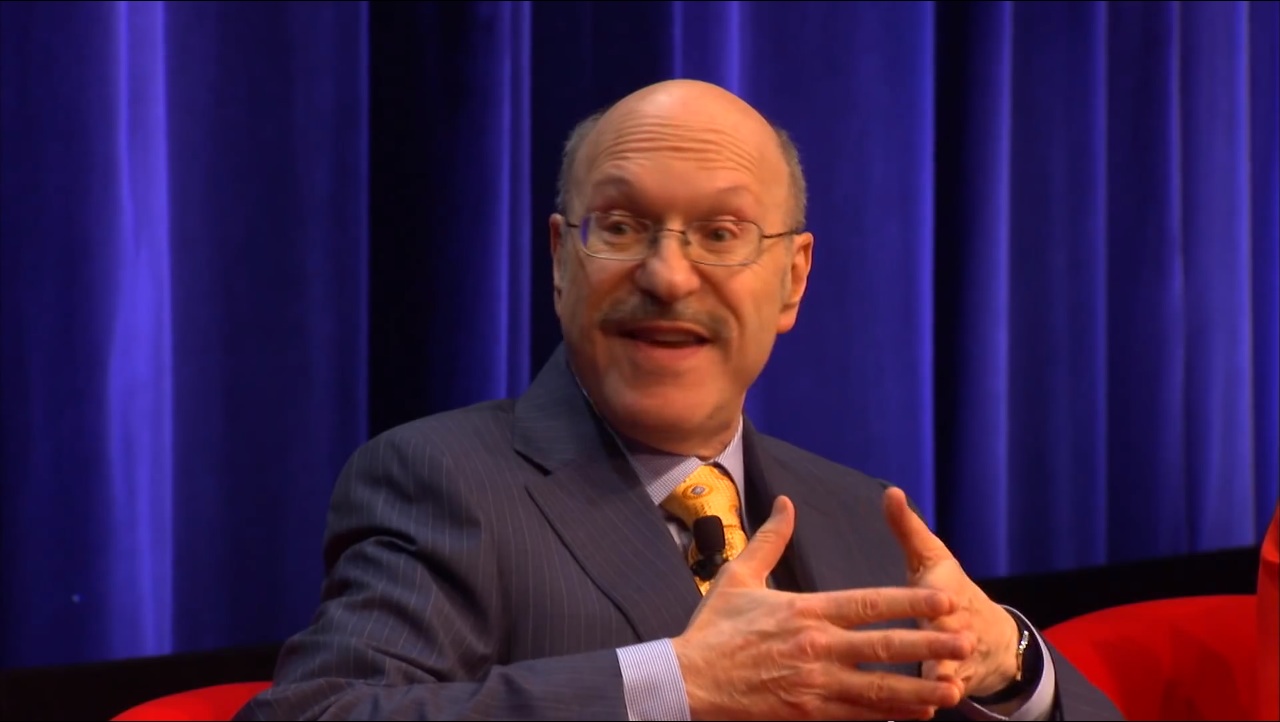David Lynch And Rick Rubin On A Crusade For Inner Peace

Ultimately, the decision to learn to meditate is a personal one, but it’s always interesting to hear about other people’s motivation and experiences. Today, over six million people have learned the Transcendental Meditation technique – athletes, artists, entrepreneurs, parents, school children, clergy, atheists…you get the idea. Among those six million are film director David Lynch and music producer Rick Rubin, dubbed “The Wizards Of Weird” in a Town & Country article by Ash Carter. Below are some excerpts from the article.
“Rick Rubin, a prolific producer of very loud rock music, could pass for a holy man of almost any affiliation. A lifetime of meditation will do that. The surrealistic film director David Lynch looks more like Samuel Beckett with an ulcer. You wouldn’t know it, but he has also meditated for decades. A devotee of Transcendental Meditation, or TM, he works tirelessly, through the David Lynch Foundation, to teach the world how to take it easy.”
“In his book Catching the Big Fish: Meditation, Consciousness, and Creativity, which is dedicated “To His Holiness Maharishi Mahesh Yogi,” the creator of TM, Lynch writes, “When I first heard about meditation I had zero interest in it. I wasn’t even curious. It sounded like a waste of time. What got me interested was the phrase ‘true happiness lies within.’ ” That, plus a well-timed phone call from his sister, who told him she had been meditating for six months. So Lynch, who went on to direct the somewhat-to-very-disturbing films Eraserhead, Blue Velvet, and Mulholland Drive and create the TV series Twin Peaks, dropped in to L.A.’s TM center one day in 1973 and met an instructor. “I liked her,” he said. “She looked like Doris Day.” Lynch was led into a small room and given a mantra to repeat for 20 minutes. And then: “Boom! I fell into bliss—pure bliss.” ”
“Rubin—whom Lynch connected with six or so years ago over their shared interest in TM—discovered meditation in 1977, when he was 14. He had gone to the office of his Long Island pediatrician to complain about a sore neck. Another doctor might have prescribed painkillers; this one suggested meditation. “I remember thinking, My parents are not going to like this,” Rubin says. “But they said, ‘Well, whatever the doctor says is what we do.’ ” ”
You can read the full article on townandcountrymag.com.






